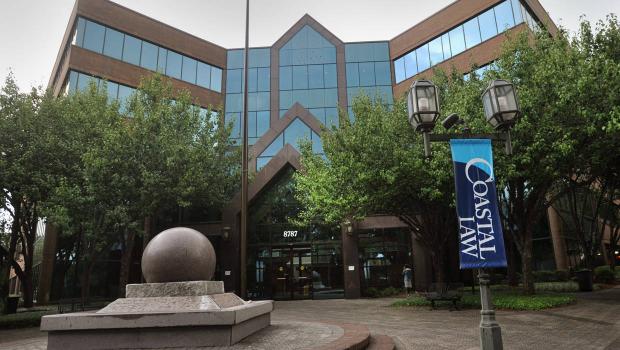
Florida Coastal Law School
There Are Only Three For-Profit Law Schools Remaining
There are less than half as many for-profit law schools when compared to 2010, according to an ABA Journal report. As of March 2021, there are now three with a for-profit tax status versus six in 2010.
Florida Coastal School of Law and Charleston School of Law are two of the three remaining for-profit schools that hope to eventually convert into nonprofits. Western State College of Law, the third for-profit, currently plans to stay for-profit, according to the ABA Journal,
FOR-PROFIT TO NON-PROFIT
A number of for-profit law schools have closed in recent years, in large part due to the tightening of accreditation standards by the American Bar Association. The ABA’s Section of Legal Education and Admissions accredits law schools based on factors ranging from bar passage rates to admissions standards.
As for-profit law schools lost accreditation and closed up their campuses, the last few remaining are hoping the convert into nonprofits. To do so, they need to file a substantive change application with the ABA’s Section of Legal Education and Admissions to the Bar in order to prove that their school is truly going to be a nonprofit going forward, according to the ABA Journal.
“One of the requirements was for us to show two years of financial stability,” says Jace Gatewood, the dean of Atlanta’s John Marshall Law School, which received ABA-approval to become a nonprofit in 2019.
John Marshall Law School officially saw its tax status change to nonprofit in January.
“I personally don’t think we will see any more new for-profit law schools,” Gatewood tells the ABA Journal.
Sources: ABA Journal, ABA, azcentral

Questions about this article? Email us or leave a comment below.